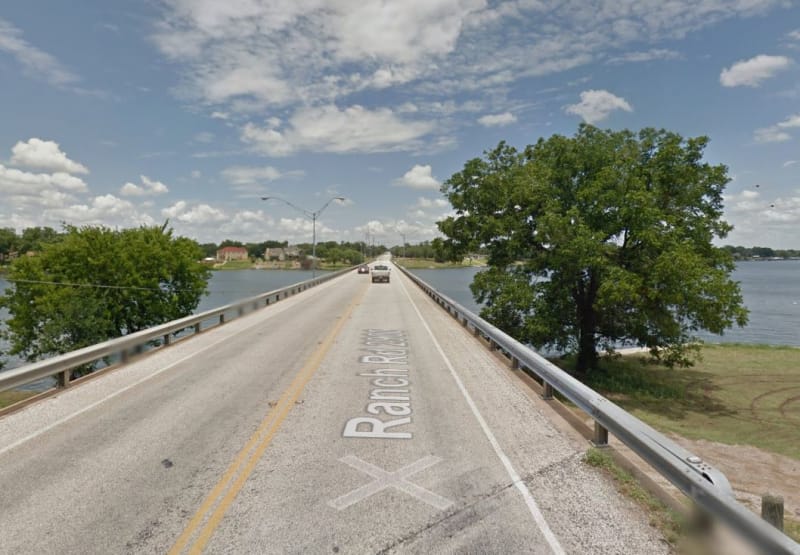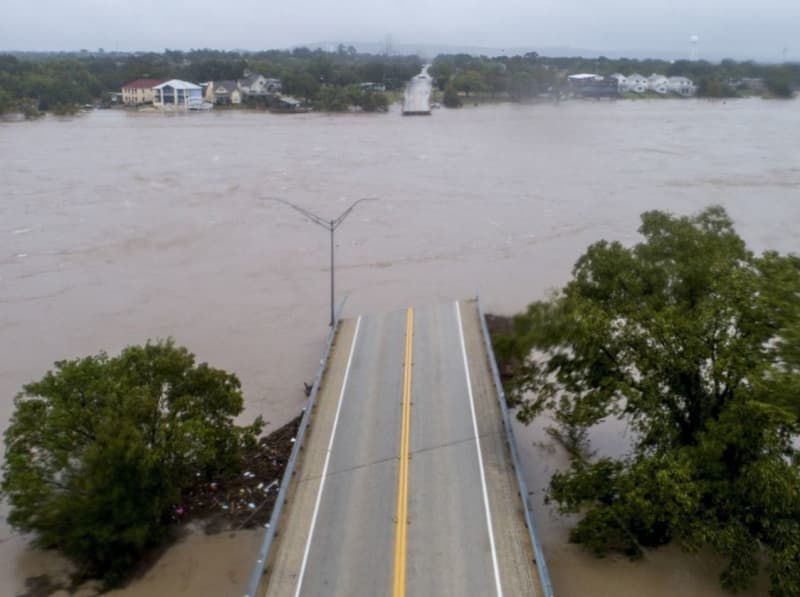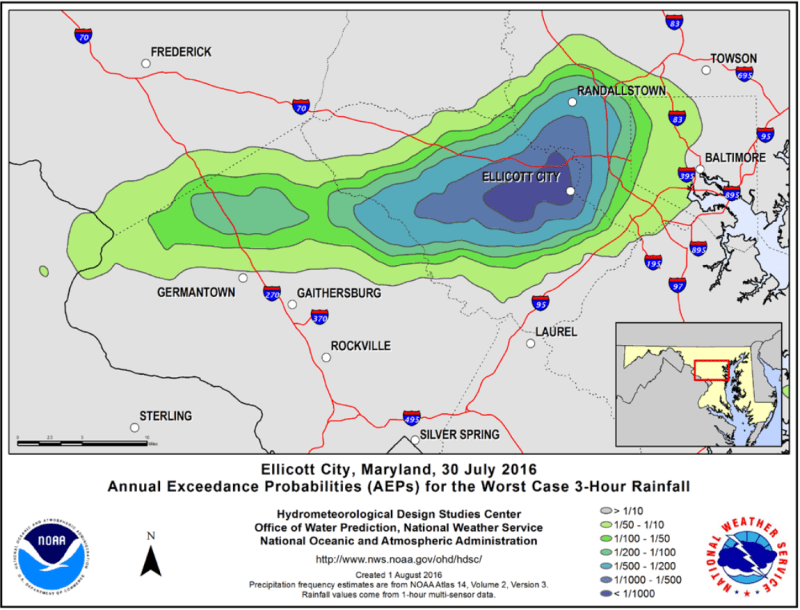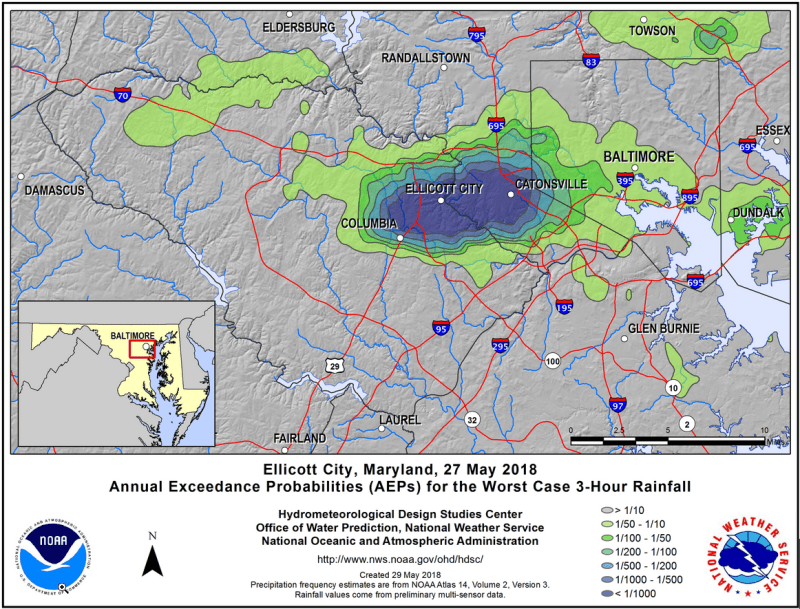Really, the biggest problem with the climate change "debate" is exactly this. Climate change has been latched onto as a political vehicle, with a good chance of leveraging it for cash (see: carbon trading, for example).
Now, it's practically become a cult religion. The members point to all the papers printed agreeing with them, because nobody dares to disagree anymore. They get shouted down and driven away, from what I've seen. Anyone who dares to even ask what happened to the disastrous climate events predicted in the past, that we're supposed to be suffering from now, gets the same treatment.
Personally, I feel we do need to clean up our act - but not because of whether or not the climate might change. Just because of general pollution levels, less crap in the air, water, and land, and less waste. It seems like the responsible and efficient thing to do in any case.
Perhaps instead of threatening people with hell, we should be working on improving society and education so that they will willingly work towards a better future?








